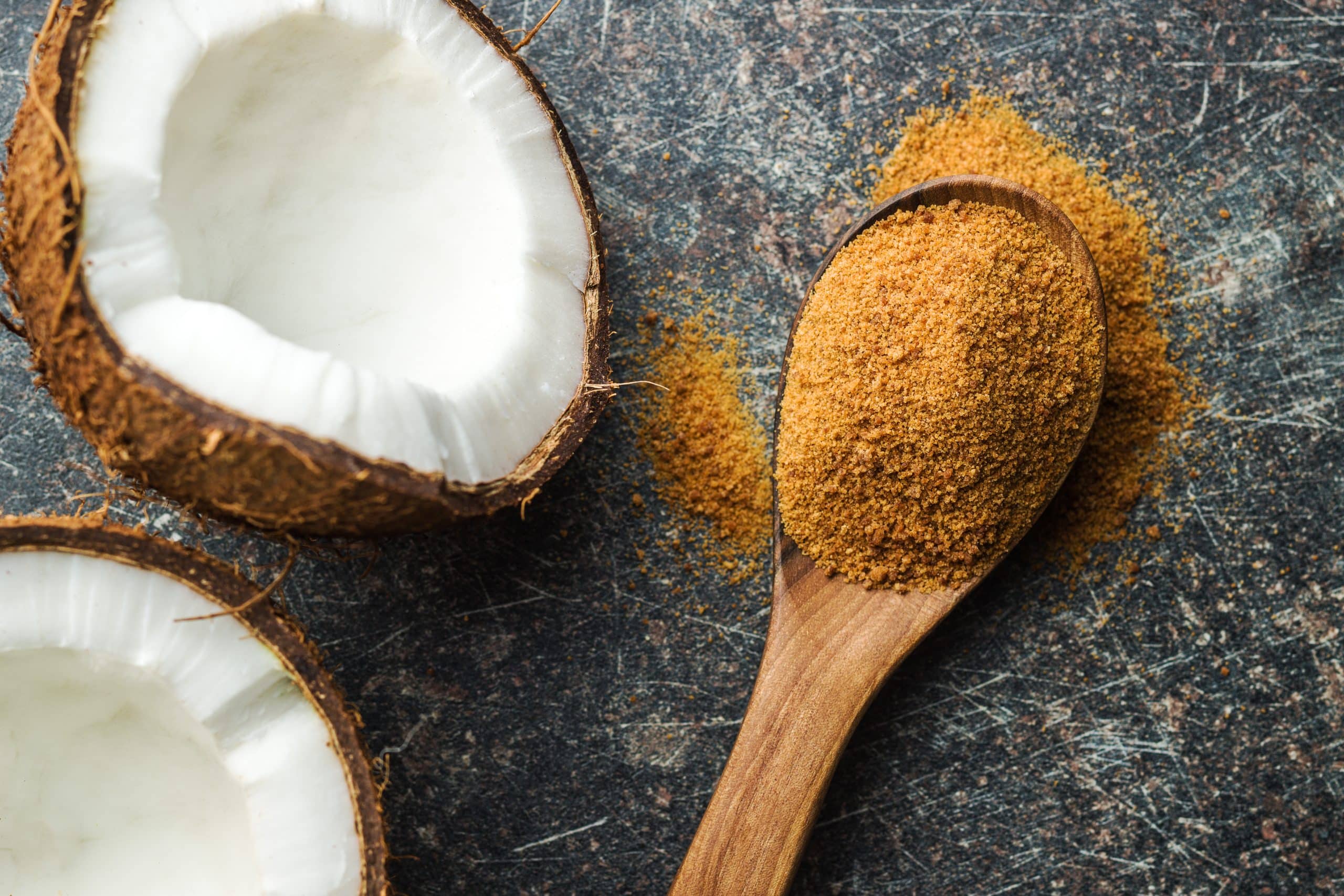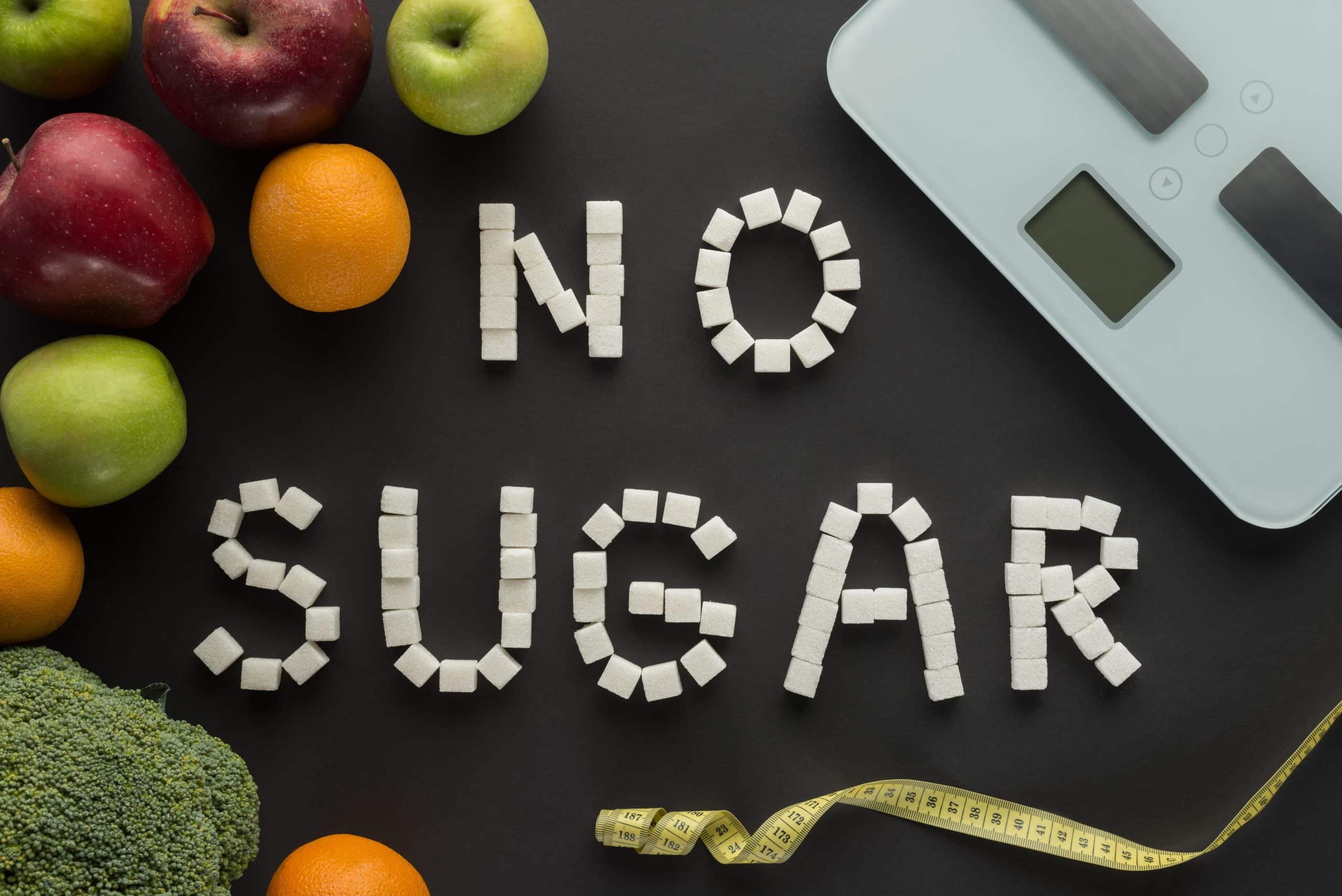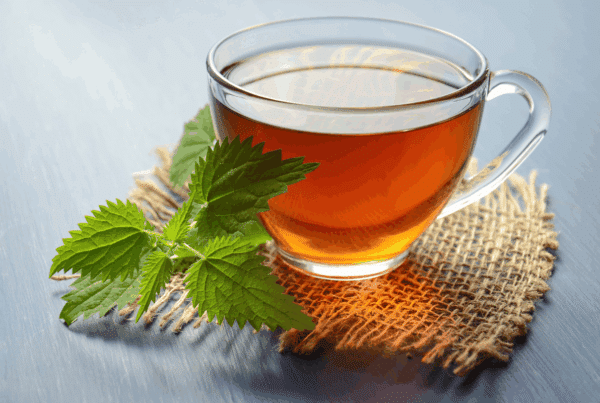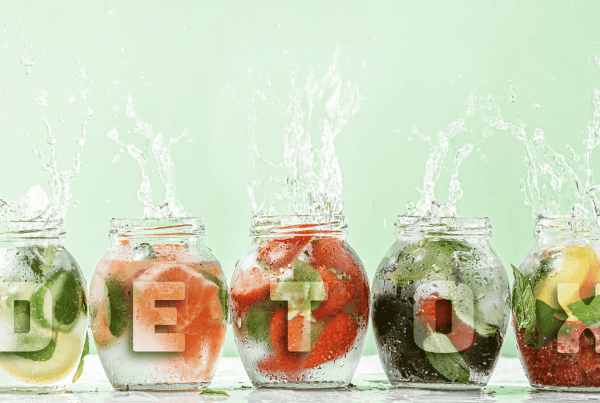Sugar has become one of the main problems of today. Almost all industrial products contain a certain percentage of refined white sugar, even in what we consider typically "salty" foods, such as soups from a bag, various sauces, dressings and snacks. And even the fast food that we believe is full of "only" fat and empty calories (which is also true) actually contains a not so negligible percentage of sugar, through buns, sauces, additives.
Different types of sugar
Sugars are actually carbohydrates and can be divided according to their complexity into simple sugars, oligosaccharides and polysaccharides.
In daily nutrition, further division looks like this:
Simple sugars: fructose, glucose, mannitol, sorbitol
Oligosaccharides: lactose, maltose, sucrose, maltodextrins
Polysaccharides: amylose, modified starch, pectin, cellulose
Each of these sugars, i.e. carbohydrates, performs a specific function in our body and has an important role in the function of the immune system, reproductive organs, blood clotting and organism development. Carbohydrates in plants have a building role, like proteins in animal tissues.
What is important to note, and which you probably already know, is that not all sugars are the same. A simple example is sugar from fruits and sugar from industrial sweets.
When you eat an apple, your blood sugar rises gradually, while the situation is different when you eat, say, chocolate. The body experiences a shock, too strong a stimulus with a high level of sugar in the blood, which then suddenly drops and affects the fact that we need a new "dose" very quickly.
We can freely say "dose", because in some extreme cases, sugar addiction can occur!

The recommendation of the World Health Organization is to reduce the intake of added sugar to less than 10% of total daily calories. We must note that this applies to added sugar, not natural. Then again, in that case, do we really need that much sugar?
The only sugar that is useful to our body is natural sugar. Industrial sugar is, of course, also obtained from nature, sugar cane or beet, but almost all nutrients are destroyed in the production process, while the final product - white refined sugar contains only empty and unnecessary calories for us. Excessive sugar consumption leads to a number of health problems and risks, including heart disease, diabetes, obesity, and as we have already mentioned, there is a sudden spike in blood sugar, which consequently affects irritability, fatigue and a general poor psychophysical state.
Natural sweeteners
In modern times, sugar is very hard to avoid! Try to do a little experiment and pay attention to how much sugar is eaten on a daily basis through various supplements, even if you decide not to eat anything more 'concrete', like chocolate or cake. Fortunately, although modern times have brought various bad industrial sugars, today we also have a wider range of natural sweeteners that are many times more useful than ordinary, white sugar. Regardless of whether you have certain health problems or just want to take care of your diet, try to limit your sugar intake and find an adequate substitute. Below we will learn more about natural sweeteners that are the best alternative to industrial sugar.
Honey
Honey is one of the oldest foods known to mankind. It dates back to the time of the ancient Egyptians and Greeks who used it for medicinal purposes, and there is also information that honey was collected in primitive communities 8,000 years old. It is one of the best antiseptics, so it helps with inflammatory processes in the body. Honey strengthens immunity, improves regeneration of tissue, hair, skin and nails, has antibacterial and antiseptic properties. Apitherapy is part of holistic medicine and represents the use of honey for preventive and therapeutic purposes.
We can use honey in a thousand and one ways: in tea, cakes, cookies, dressings, sauces... If you want to lose weight, lemon water with the addition of honey, ginger and cinnamon will improve digestion and speed up the weight loss process. Honey can also be used externally, in various natural masks for the face, hair and skin.
Agave syrup
Agave syrup was widely used among the ancient Aztecs to improve digestion and calm inflammatory processes in the body, as well as to purify the blood. Agave syrup contains neither simple nor complex fats and is very rich in vitamins C, E, A, K as well as vitamins of the B complex (B1, B2, B3, B6 and B9).
It also contains iron, magnesium, calcium, phosphorus, potassium... In agave syrup there is inulin - a complex form of fructose (plant polymer) that serves as a reserve carbohydrate but has a lower caloric value than carbohydrates. Agave syrup has a low glycemic index and therefore does not raise blood sugar levels, although it tastes sweeter than honey. The syrup is made by cutting, pressing and filtering agave leaves.
Birch sugar
Birch sugar is a plant-based sweetener. It is obtained by extraction from birch wood. Although it looks very similar to ordinary, refined white sugar, birch sugar is far from it in terms of its quality. Its composition is 100% xylitol (a substance naturally found in almost all fruits and vegetables).
It can completely replace white sugar, has a low glycemic index and helps stabilize blood sugar. Since it protects against infections and does not "feed" bad bacteria, it is suitable for people on a candida diet. Consuming birch sugar reduces the feeling of hunger, accelerates digestive processes and supports proper emptying of the intestines.
Erythritol
Erythritol is also called a polyol - a sugar alcohol that is naturally found in grapes, vines, corn and honey. The taste of erythritol is identical to sugar, but 30% is less sweet and has a glycemic index of 0. Erythritol is thermostable, which means that it does not lose its sweetness up to 160 degrees.
Due to the lack of calories, it has a positive effect on the weight loss process and does not favor the development of harmful bacteria and fungi, which makes it ideal for people on a candida diet. It also protects teeth from caries.
Date sugar
This sweetener is made from dried dates and is a healthier alternative to traditionally produced sugars. Rich in plant fibers, minerals, iron, potassium, and antioxidants, date sugar has a rich taste similar to caramel and is beneficial in many ways for the overall health of the body. Since it has a low glycemic index, it prevents sudden spikes in blood sugar.
Date sugar can be used just like regular sugar - to sweeten coffee, tea, smoothies, cakes, pastries, spreads... Quality Superfood date sugar is produced without the use of pesticides, fertilizers and herbicides. 100% is a vegan product and does not contain additives and preservatives.
Maple syrup
Maple syrup is made from the sweet plant sap of the maple tree and brings a host of health benefits. As a plant-based sweetener, 100% is an indispensable ingredient in vegan kitchens.
It has antioxidant properties, neutralizes free radicals and reduces damage due to oxidative stress. In this way, maple syrup can potentially reduce the risk of many diseases. It is rich in calcium, potassium, iron, zinc and manganese and has exceptional anti-inflammatory properties, protects the heart and improves reproductive health in men.
Coconut sugar
Coconut sugar has been used in Indonesia for thousands of years and contains less sucrose and more minerals than refined sugar and ten times more zinc and magnesium than brown sugar. It is rich in amino acids, B group vitamins, as well as iron, phosphorus, potassium, and manganese. It is obtained by traditional collection of coconut flower nectar, which is dried and ground into powder.
SuperFood coconut sugar does not contain pesticides, fertilizers and herbicides, as well as additives and preservatives. It can be used as a healthy substitute for table white sugar. It is suitable for the preparation of cakes, ice cream, cakes, jams... What is interesting about this sweetener is that it does not actually taste like coconut, but rather brown sugar and caramel.
Stevia
Stevia as a sweetener has been widely written and talked about for several years. In South America, it is consumed on a daily basis and is a great substitute for refined white sugar. The leaves of this plant are sweet thanks to glycosides that are many times sweeter than sugar. Stevia's glycosides are thermostable and do not ferment, so they maintain a stable PH value.
As it has a low glycemic index, stevia does not raise blood sugar levels, making it a great substitute for diabetics. Using stevia instead of granulated sugar can help you control and reduce total calories, which in turn leads to weight loss.
It can be used just like white sugar, and a large number of modern health food manufacturers are using stevia in their products as one of the best substitutes for refined sugar.
Artificial sweeteners
Artificial sweeteners like aspartame are a common choice of those who avoid sugar at all costs, but they are extremely harmful and if you can, try to avoid them. One of the biggest problems with artificial sweeteners is that our body does not recognize them as sugar - receptors on the tongue recognize sweetness and send a signal to the brain that insulin is needed, which the pancreas produces, but there is no real sugar in the body! Therefore, long-term consumption of artificial sweeteners leads to delayed secretion of insulin and, therefore, a higher concentration of sugar in the blood, which leads to a series of health problems.
Conclusion
As with everything else in life, sugars should not be overdone. Whether they are natural sugars or artificial sweeteners, they are essentially what they are: sugar, and its increased consumption leads to various health problems. If you (like us 😊) are a fan of sweets, try to always choose a healthier option, such as Cake it easy cookies that do not contain additional sugars but only natural sweeteners. Instead of ordinary juice, drink juice from squeezed fruit and sweeten your favorite coffee or tea with honey, stevia, agave syrup... It is quite certain that your body will thank you and that you will feel positive changes in a short period of time.









